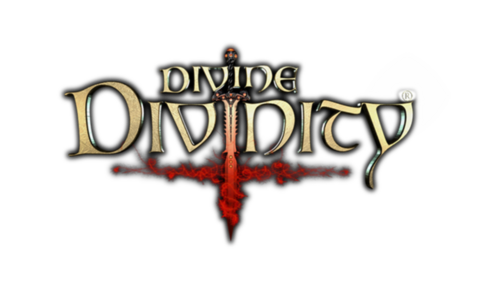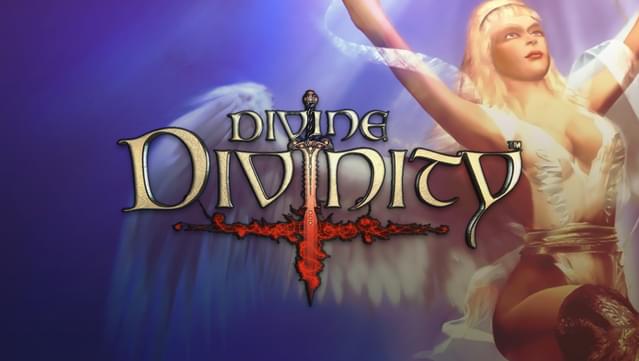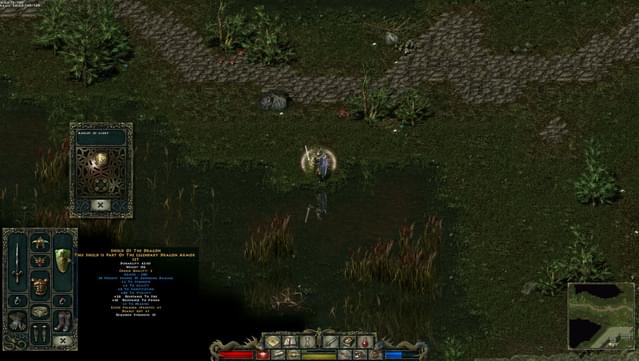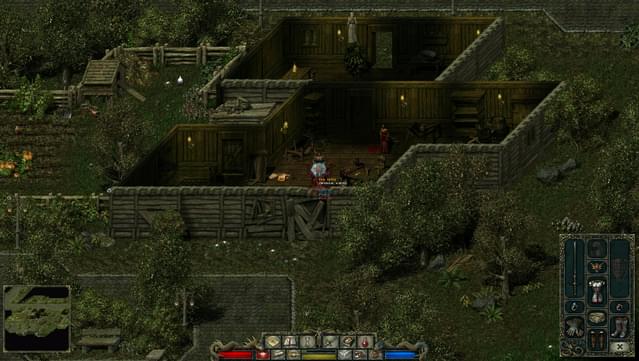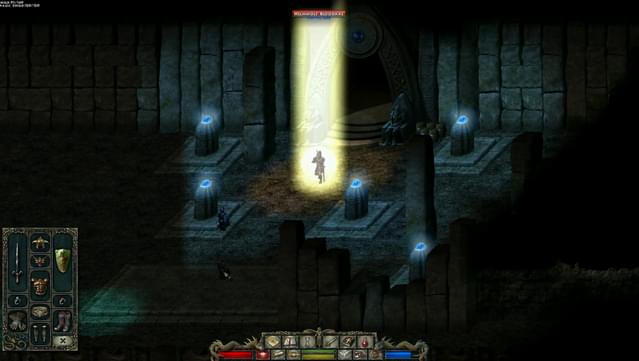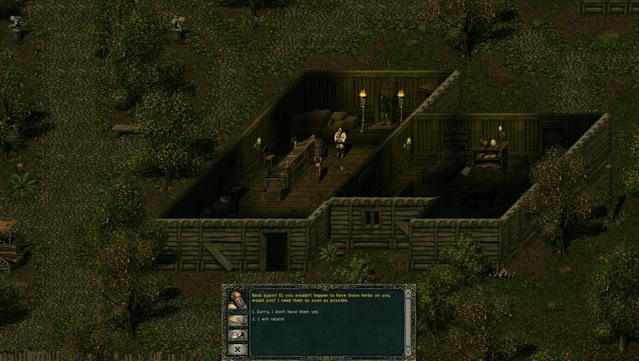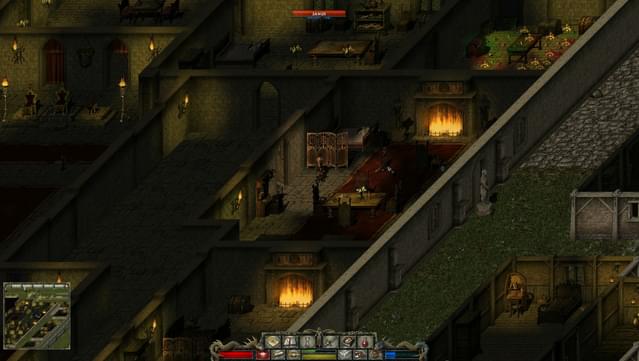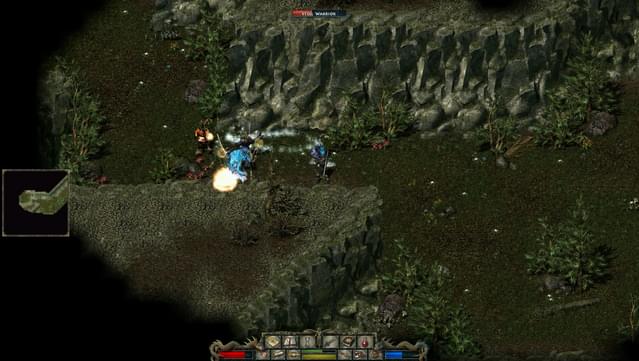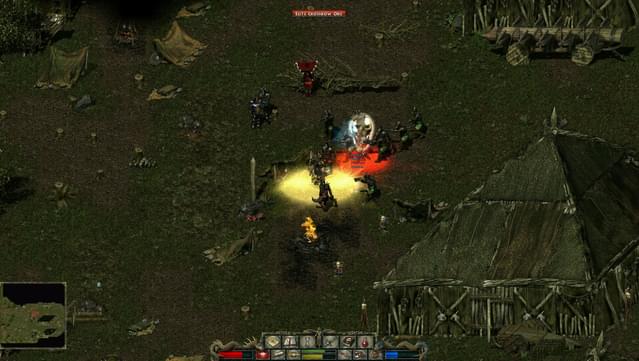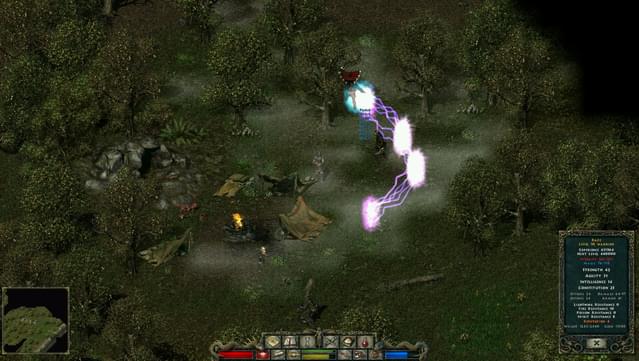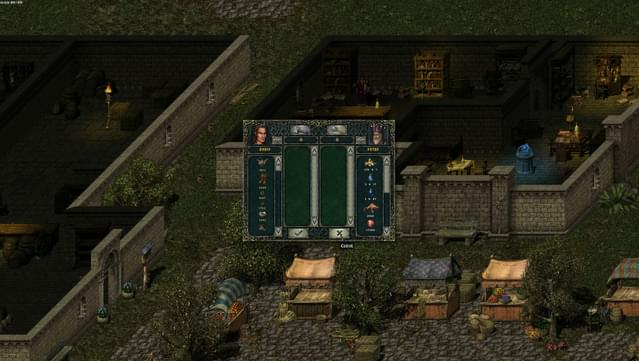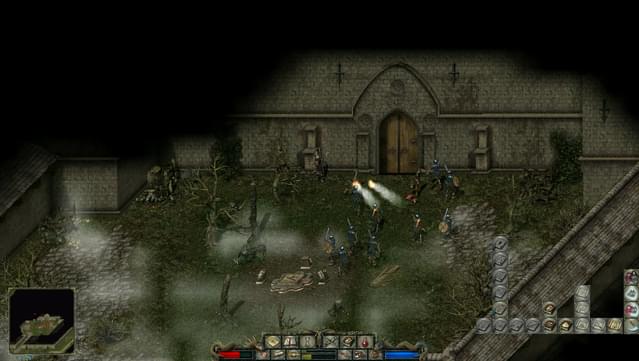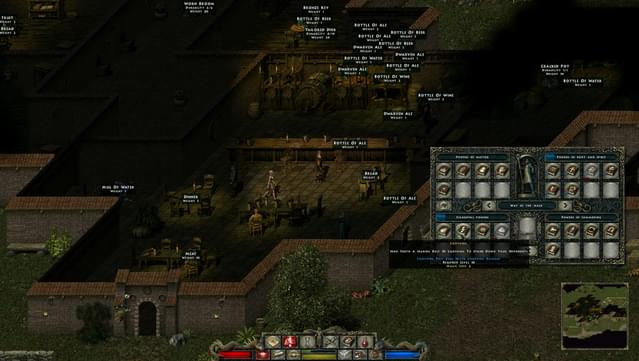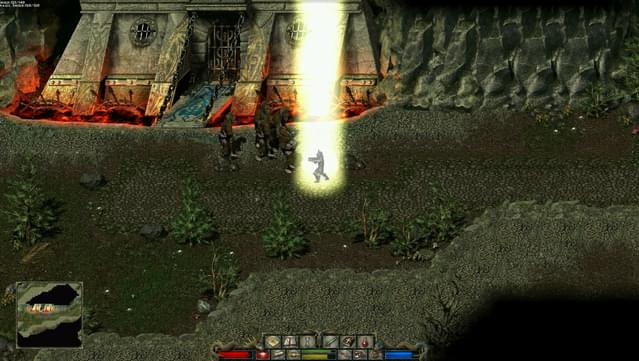Posted on: July 9, 2018

popuass
Bestätigter BesitzerSpiele: 430 Rezensionen: 25
Ultima 7 and Diablo 2 had a baby
On the surface Divine Divinity takes obvious cue from Diablo 1/2, but don't be fooled! While there are large swords-blazing combat areas, most of the gameplay consists of talking to NPCs and quest solving. The combat itself is dictated by the skill set of the character, and here is another surprise, the skill tree is completely flat, i.e. all skills are readily available for any character class if the level-cap requirement is met. So you can start of as a warrior but venture into rouge skills, than wait for that one OP high-level mage skill to become available, and dump points into it. The next thing you know - now you are a battle mage! A neat feature which also sets this game apart from Diablo-clones is the interactivity of items and game world. It doesn't reach the level of Ultima 7 but it's obvious that the devs originally aimed for that example. Every game has its' flaws and Divine Divinity is no exception. The story is full of cliches, the pacing of the main quest feels somewhat inconsistent, some combat skills are OP to a point of being game-braking, while others are either completely worthless, or have a better in every way alternative... and another thing, maybe that's just me, but this take on isometric perspective took a really long time to get used to. Interestingly, Divine Divinity has another similarity with Ultima 7 - the successors of both games (Beyond Divinity and Ultima 8) both explore the notion of the character being trapped in a demonic realm and both are considered to be far surpassed by their predecessors.
Hilft dir das weiter?
